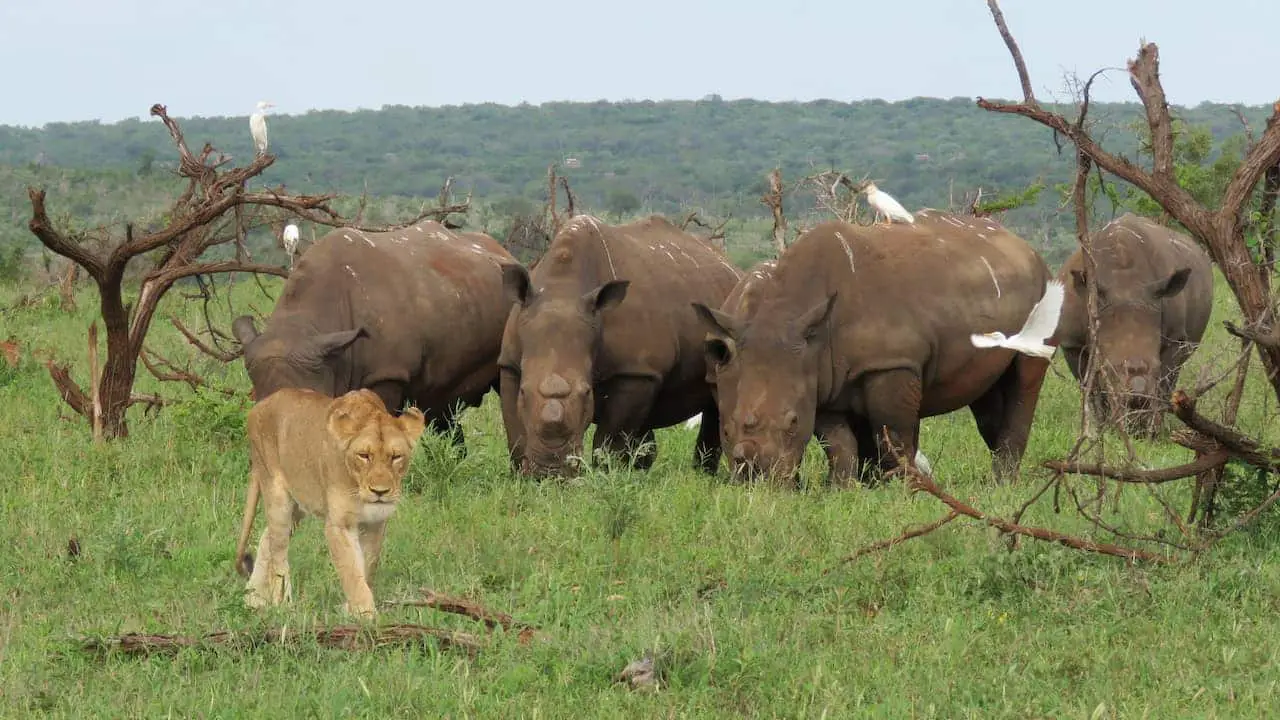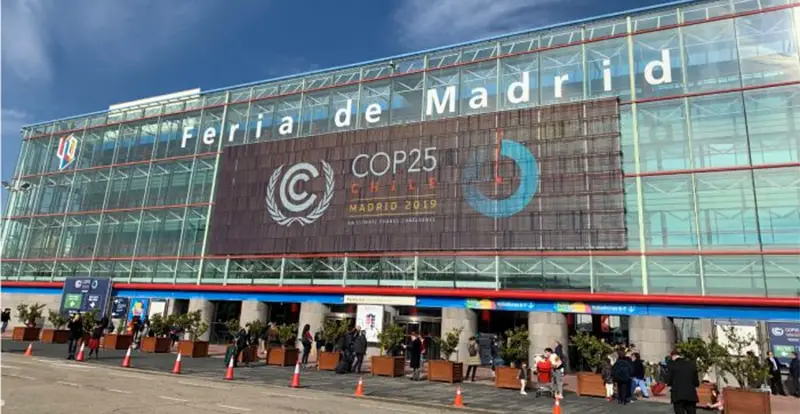World’s Longest Walkathon to Promote Sustainable Tourism in Africa
CAPE TOWN, 01 January 2020 – Walk4Africa, a continent-wide public participation multi-stage coastal beach walking event, aims to become the largest and longest walkathon in the world when it launches on 27 September 2020 at the V&A Waterfront in Cape Town to coincide with World Tourism Day.
The brainchild of South African travel blogger Desmond Langkilde, Walk4aAfrica (W4A) is a sustainable tourism development initiative that aims, among other objectives, to walk the continents 38 coastal countries over a period of ten years – a combined distance of approximately 40,000 kilometres or 52 million steps.
According to the W4A Facebook Group page, the plan is to give Africa a voice in the 2020 United Nations (UN) 75th-anniversary celebrations (#UN75) and to assist in realising the UNs Sustainable Development Goals (SDGs) by 2030.
“I actually came up with the idea of an Africa based multi-country walkathon back in 2017 and even registered the domain Walk4aAfrica.org,” says Langkilde. “In 2018, I entered Walk4Africa as a contender for the Touareg Sabbatical competition and made it into the second round, but, unfortunately, did not achieve the winning prize, which would have provided seed-capital to get the idea off the ground”.
“The idea lost momentum after that. I really needed a cause for the walkathon to rally behind, so when I saw that the United Nations is launching a global conversation in 2020 and require cooperation across borders, sectors and generations in order to achieve its 2030 SDG objectives, it seemed to tie-in perfectly,” says Langkilde.
Sustainable Development Goals
The SDGs are a call for action by all countries – poor, rich and middle-income – to promote prosperity while protecting the planet. They recognize that ending poverty must go hand-in-hand with strategies that build economic growth and address a range of social needs including education, health, social protection, and job opportunities while tackling climate change and environmental protection.
The 17 Goals are all interconnected, and the aim is to achieve them all by 2030:
- NO POVERTY. Economic growth must be inclusive to provide sustainable jobs and promote equality.
- ZERO HUNGER. The food and agriculture sector offers key solutions for development and is central for hunger and poverty eradication.
- GOOD HEALTH AND WELL-BEING. Ensuring healthy lives and promoting the well-being for all at all ages is essential to sustainable development.
- QUALITY EDUCATION. Obtaining a quality education is the foundation for improving people’s lives and sustainable development.
- GENDER EQUALITY. Gender equality is not only a fundamental human right but a necessary foundation for a peaceful, prosperous and sustainable world.
- CLEAN WATER AND SANITATION. Clean, accessible water for all is an essential part of the world we want to live in.
- AFFORDABLE AND CLEAN ENERGY. Energy is central to nearly every major challenge and opportunity.
- DECENT WORK AND ECONOMIC GROWTH. Sustainable economic growth will require societies to create conditions that allow people to have quality jobs.
- INDUSTRY, INNOVATION, AND INFRASTRUCTURE. Investments in infrastructure are crucial to achieving sustainable development.
- REDUCED INEQUALITIES. To reduce inequalities, policies should be universal in principle, paying attention to the needs of disadvantaged and marginalized populations.
- SUSTAINABLE CITIES AND COMMUNITIES. There needs to be a future in which cities provide opportunities for all, with access to basic services, energy, housing, transportation and more.
- RESPONSIBLE CONSUMPTION AND PRODUCTION. Recycle paper, plastic, glass and aluminium.
- CLIMATE ACTION. Climate change is a global challenge that affects everyone, everywhere.
- LIFE BELOW WATER. Careful management of this essential global resource is a key feature of a sustainable future.
- LIFE ON LAND. Sustainably manage forests, combat desertification, halt and reverse land degradation, halt biodiversity loss.
- PEACE, JUSTICE AND STRONG INSTITUTIONS. Access to justice for all, and building effective, accountable institutions at all levels.
- PARTNERSHIPS. Revitalize the global partnership for sustainable development.
“W4A can play a significant part in attaining many of these SDGs,” says Langkilde. “Not only in creating awareness of the SDGs but also in developing sustainable tourism products and services in the more remote coastal regions of each African country that the walkathon passes through.”




